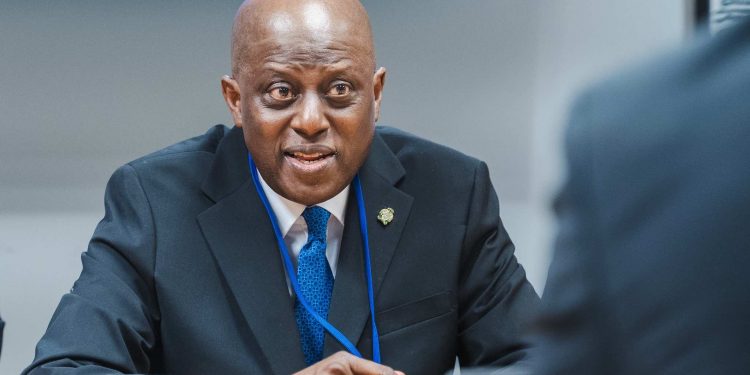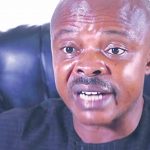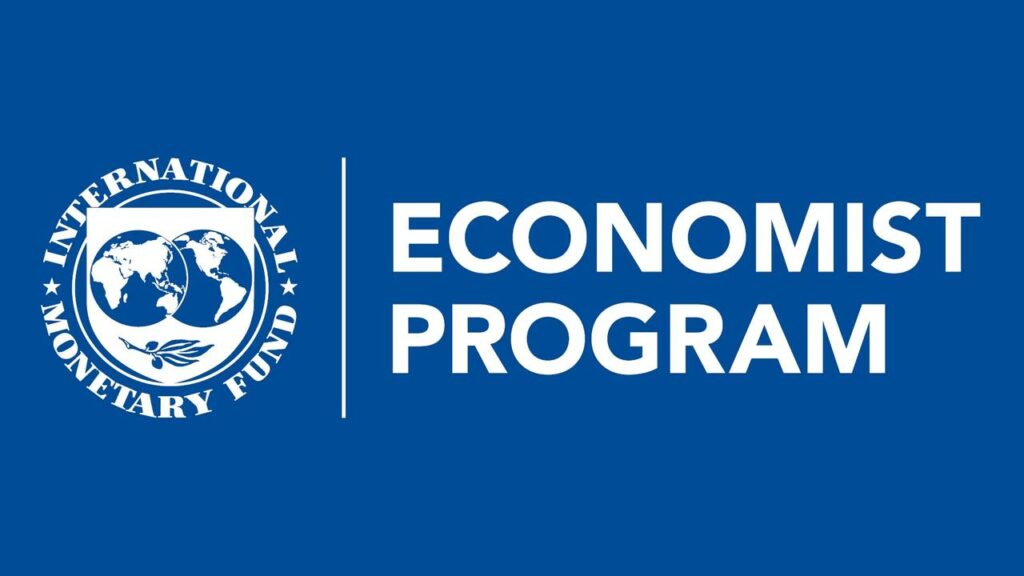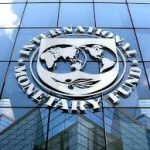The Central Bank of Nigeria (CBN) has announced a significant increase in the nation’s external reserves, which have risen to $40.2 billion as of October 18, 2024. This positive development was disclosed by Deputy Governor for Economic Policy, Mr. Muhammed Abdullahi, during a briefing with foreign investors at the annual meetings of the IMF and World Bank in Washington, D.C.
Abdullahi highlighted that the current reserves could cover 14.5 months of imports for goods and services or 18 months specifically for goods. This robust reserve position underlines the CBN’s efforts to stabilize the economy and bolster investor confidence.
In addition to the reserves, Abdullahi reported that foreign exchange inflows into Nigeria have reached an impressive $57 billion as of August 2024. The capital importation figures also tell a promising story, nearly doubling to $6.9 billion, up from $3.9 billion in the 2023 financial year. This increase reflects growing interest from foreign investors, indicating a renewed confidence in Nigeria’s economic prospects.
A key focus of the CBN has been enhancing remittance inflows from the Nigerian diaspora. Monthly remittances have now reached $650 million, contributing to a record annual total of $3.5 billion, surpassing the previous year’s figure of $3.2 billion. The CBN is optimistic about achieving its target of $1 billion in monthly remittances, which would significantly support the local economy.
Abdullahi explained that CBN interventions in the foreign exchange (FX) market have been reduced to about 5% of market turnover, allowing for a more natural market function. He indicated that while the CBN may intervene as necessary, it is committed to fostering a self-sustaining FX market. A new matching system will be introduced in December, enhancing transparency and ensuring that market participants can see all transactions in real-time, which is expected to further stabilize the FX landscape.
The Deputy Governor acknowledged the long-standing challenges facing the FX market, which has been “broken” for nearly a decade, but expressed optimism about the ongoing reforms.
During the session, CBN Governor Mr. Olayemi Cardoso assured investors that the current FX administration has been structured to facilitate ease for those wishing to bring in foreign currency. “With increased confidence in the naira, we expect greater interest in local instruments,” Cardoso stated, underscoring the importance of trust in the currency.
He further emphasized the economic benefits of local production, noting that it is now more cost-effective for Nigerians to produce goods domestically rather than rely on imports. This shift not only supports local businesses but also contributes to the overall health of the economy.
Cardoso also addressed the harmonization of exchange rates, highlighting that Nigerians sending money home no longer need to resort to unorthodox methods. This development has contributed to a significant uptick in diaspora remittances, further boosting the nation’s economic resilience.
As the CBN continues to implement strategic measures to strengthen the economy, the outlook for foreign investment and currency stability appears increasingly promising, fostering a climate of optimism among local and international stakeholders.










